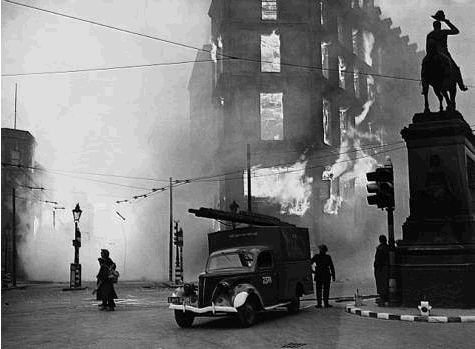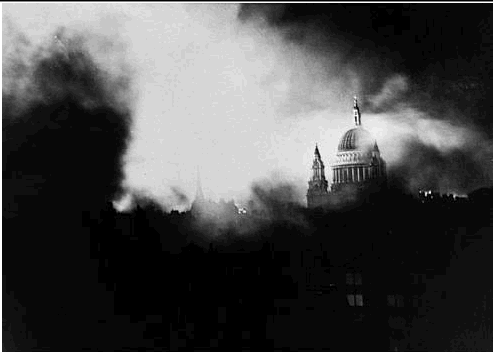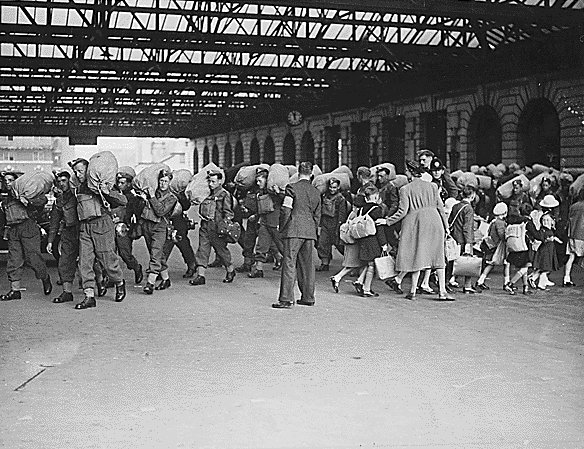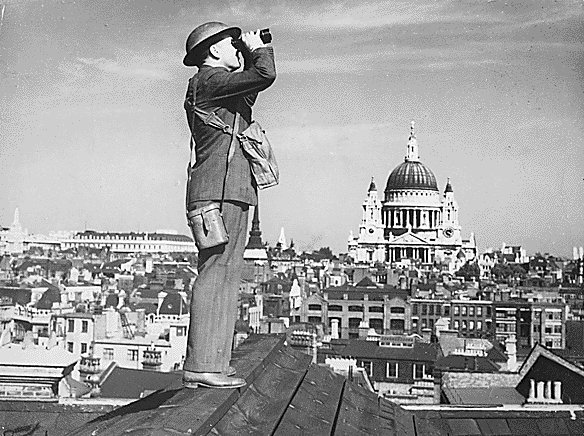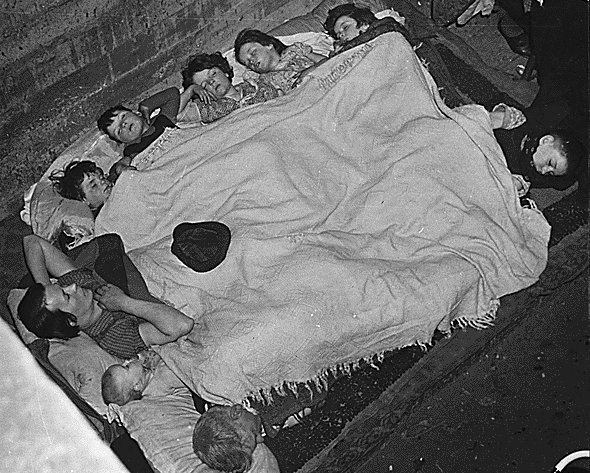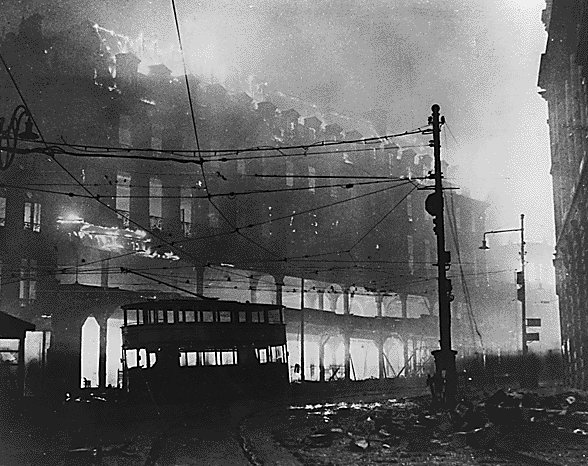
Queen Isabel of Castile, Servant of God, d. Nov. 26, 1504Under the pink and white of her skin pulsed the blood of crusaders and conquerors, the blood of Alfred the Great, of William the Conqueror, of the iron Plantagenet Henry II and the fiery Eleanor of Aquitaine, of Edward I and Edward III of England, of Philip the Bold of France, of Alfonso the Wise of Castile. She was descended on both sides from Louis IX of France and his cousin Fernando III of Castile, both kings, both crusaders and both canonized saints. She derived Lancastrian blood through both parents from John of Gaunt, brother of the Black Prince. --William Thomas Walsh
[I]f St. Teresa had been a queen she would have been another Queen Isabel and if Queen Isabel had been a nun she would have been another St. Teresa of Jesus. --Venerable Juan de Palafox
Queen Isabel and her husband Ferdinand II of Aragon were named by Pope Alexander VI
Los Reyes Catolicos, and their rule paved the way to a united Spain. Under the Queen's rule, Spain recaptured the Peninsula from its Moorish grip, and, after a failed Moorish revolt, expelled all adult Moslems who refused baptism. Queen Isabella subsidized Christopher Columbus's voyages to the New World for the express purpose of spreading the Catholic faith. (“Although there would be nothing but stones, I would continue there while there may be souls to save.”) Some say she anticipated the Council of Trent by nearly a century in her reforms to rid corruption from the Catholic hierarchy: the selling of indulgences, bishops' refusal to live in their dioceses, the accumulation of benefits for clergy. Her daughter was Catherine of Aragon, whose refusal to divorce King Henry VIII was the catalyst for the English Reformation.
Pope Paul VI opened up Queen Isabel's cause for canonization in 1974, to the
protest of various Jewish organizations and at least one
Catholic Cardinal. (
Here, the New York Times predictably expresses outrage at the possibility, inaccurately reporting that no miracles have been attributed to her intercession, and claiming her cause is being pushed through the Vatican via that powerful conspiracy Opus Dei.)

King Ferdinand II and Queen Isabel I, Relief with gilt and polychromy, Alonso de Mena, 1632; Granada, Spain.The indignation stems, naturally, from the institution of the Spanish Inquisition under her rule. After between 80,000 to 300,000 Jews left Spain, a number remained behind and "converted" to the Christian faith in order to remain in positions of power. Many of these actively worked to undermine the Queen's authority. The sincerity of these cryptojewish converts was the focus of the Inquisition, not only to protect Catholic orthodoxy but to rid Spain of any traitors and false leaders. It was also implemented as a legal barrier to protect heretics themselves, who were often the targets of mob vigilantism. The outlandish claims that the Inquisition resulted in the torture of hundreds of thousands of innocents is due more to Elizabethan propaganda than to truth. It is true that the beginning of the enquiry was marked by the deaths of innocents. Once the Pope intervened, however, a new Grand Inquisitor, Torquemada, was appointed, who reformed procedures that led to greater leniency and better treatment of prisoners. He personally gave money to families of those on trial. Torture remained in use, though to a lesser extent.
Before we balk with horror at the thought, we must take off our 20th-century lenses, which can only give a distorted view, and recall that torture was in use in all nations in the 15th century (in England, traitors were hanged, drawn, and quartered, and in France, they were boiled alive). It says something for Spain that she refused the excesses that other countries regularly committed. In fact, convicted criminals would falsely claim heretical beliefs just to be transferred to the Inquisition court because of its more humane treatment of the accused. Queen Isabel's policy insistence that Native Americans be protected from the rapacity of colonists, even to the economic harm of Spain, shows she was sincerely concerned for the welfare of her subjects.
To You, Lord, in whose hands is the right of kings, I humbly pray that You may hear the prayer of Your servant and show forth the truth, manifesting Your will by Your wonderful deeds; so that if I am not in the right, do not let me sin through ignorance, but if my cause be just, give me zeal and strength to obtain it with the help of Your grace. --Queen Isabella's coronation prayer

Coronation of Queen Isabel, Mural, Segovia, SpainAlmighty Father, in Your infinite goodness You made Queen Isabel the Catholic, a model for young ladies, wives, mothers, women leaders and government rulers. As the first sovereign of the American continent You granted to her heart a sense of piety, justice, compassion and the vision of a new land full of promise. Grant us the grace to see Your infinite majesty glorified in her prompt canonisation, and through her intercession...[ask for your particular needs] that we ask of You in this present need through Christ Our Lord. Amen.
Servant of God, Queen Isabel, pray for us.
Pater Noster... Ave Marie... Gloria...
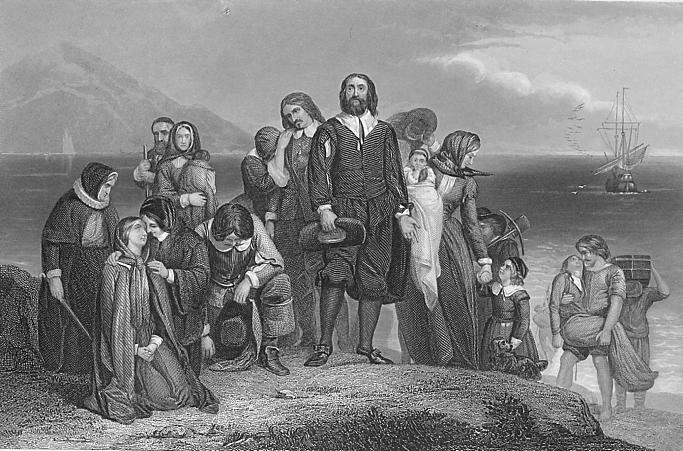


 On Trinity Sunday, June 6, 1830, Sister Labouré was given a special vision of Jesus in the Blessed Sacrament, or more specifically of Christ as King. This time she is precise as to the moment of the vision. Our Lord appeared to her, robed as a king, with a cross at His breast, during the Gospel of the Mass. Suddenly, all His kingly ornaments fell from Him to the ground—even the cross, which tumbled beneath His feet. Immediately her thoughts and her heart fell, too, and were plunged into that chasm of gloom that she had known before, gloom that portended a change in government. This time, however, she understood clearly that the change in government involved the person of the King, and that, just as Christ was divested of His royal trappings before her, so would Charles X be divested of his throne.
On Trinity Sunday, June 6, 1830, Sister Labouré was given a special vision of Jesus in the Blessed Sacrament, or more specifically of Christ as King. This time she is precise as to the moment of the vision. Our Lord appeared to her, robed as a king, with a cross at His breast, during the Gospel of the Mass. Suddenly, all His kingly ornaments fell from Him to the ground—even the cross, which tumbled beneath His feet. Immediately her thoughts and her heart fell, too, and were plunged into that chasm of gloom that she had known before, gloom that portended a change in government. This time, however, she understood clearly that the change in government involved the person of the King, and that, just as Christ was divested of His royal trappings before her, so would Charles X be divested of his throne. 



 Whilst Davis was in prison, Blessed Pope Pius IX sent, to the former President of the Confederate States of America, a crown of Jerusalem thorns hand-woven by the Pope’s own hands which, given their sharpness, he could not have done without drawing blood. The Sovereign Pontiff also sent his own portrait self-autographed with the Scriptural verse:
Whilst Davis was in prison, Blessed Pope Pius IX sent, to the former President of the Confederate States of America, a crown of Jerusalem thorns hand-woven by the Pope’s own hands which, given their sharpness, he could not have done without drawing blood. The Sovereign Pontiff also sent his own portrait self-autographed with the Scriptural verse:
 Sept. 1620
Sept. 1620 






 Remember, remember the fifth of November,
Remember, remember the fifth of November,  St. Silvan was martyred for his faith in 350 A.D. His
St. Silvan was martyred for his faith in 350 A.D. His 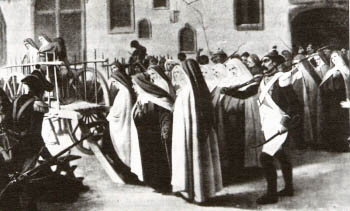

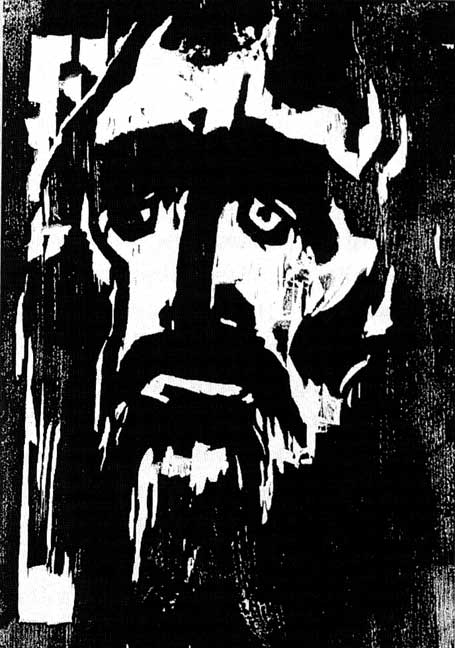






 My husband, on returning from a mathematical conference in London, surprised me with a gift of tea: Assam and Afternoon Darjeeling, by Taylors of Harrogate. Having had a difficult time procuring suitable teas here in Dijon, I was, naturally, delighted.
My husband, on returning from a mathematical conference in London, surprised me with a gift of tea: Assam and Afternoon Darjeeling, by Taylors of Harrogate. Having had a difficult time procuring suitable teas here in Dijon, I was, naturally, delighted.  “Nothing is going to change, because they are so entrenched in their little men’s club.”... Hudson and McGrath are calling their church Therese of Divine Peace Inclusive Community. They plan to welcome people of all faiths, including Catholics who do not agree with all of the church’s teachings, such as those on divorce, homosexuality and abortion.
“Nothing is going to change, because they are so entrenched in their little men’s club.”... Hudson and McGrath are calling their church Therese of Divine Peace Inclusive Community. They plan to welcome people of all faiths, including Catholics who do not agree with all of the church’s teachings, such as those on divorce, homosexuality and abortion. It is a good exercise to try for once in a way to express any opinion one holds in words of one syllable. If you say "The social utility of the indeterminate sentence is recognized by all criminologists as a part of our sociological evolution towards a more humane and scientific view of punishment," you can go on talking like that for hours with hardly a movement of the gray matter inside your skull. But if you begin "I wish Jones to go to gaol and Brown to say when Jones shall come out," you will discover, with a thrill of horror, that you are obliged to think. The long words are not the hard words, it is the short words that are hard. There is much more metaphysical subtlety in the word "damn" than in the word "degeneration."
It is a good exercise to try for once in a way to express any opinion one holds in words of one syllable. If you say "The social utility of the indeterminate sentence is recognized by all criminologists as a part of our sociological evolution towards a more humane and scientific view of punishment," you can go on talking like that for hours with hardly a movement of the gray matter inside your skull. But if you begin "I wish Jones to go to gaol and Brown to say when Jones shall come out," you will discover, with a thrill of horror, that you are obliged to think. The long words are not the hard words, it is the short words that are hard. There is much more metaphysical subtlety in the word "damn" than in the word "degeneration."  Bartolomé Blanco Márquez of Spain, secretary of Catholic Action, was arrested on August 18, 1936, and shot by firing squad on October 2 at the age of 21. His last words: Viva Cristo Rey! This is the
Bartolomé Blanco Márquez of Spain, secretary of Catholic Action, was arrested on August 18, 1936, and shot by firing squad on October 2 at the age of 21. His last words: Viva Cristo Rey! This is the 




